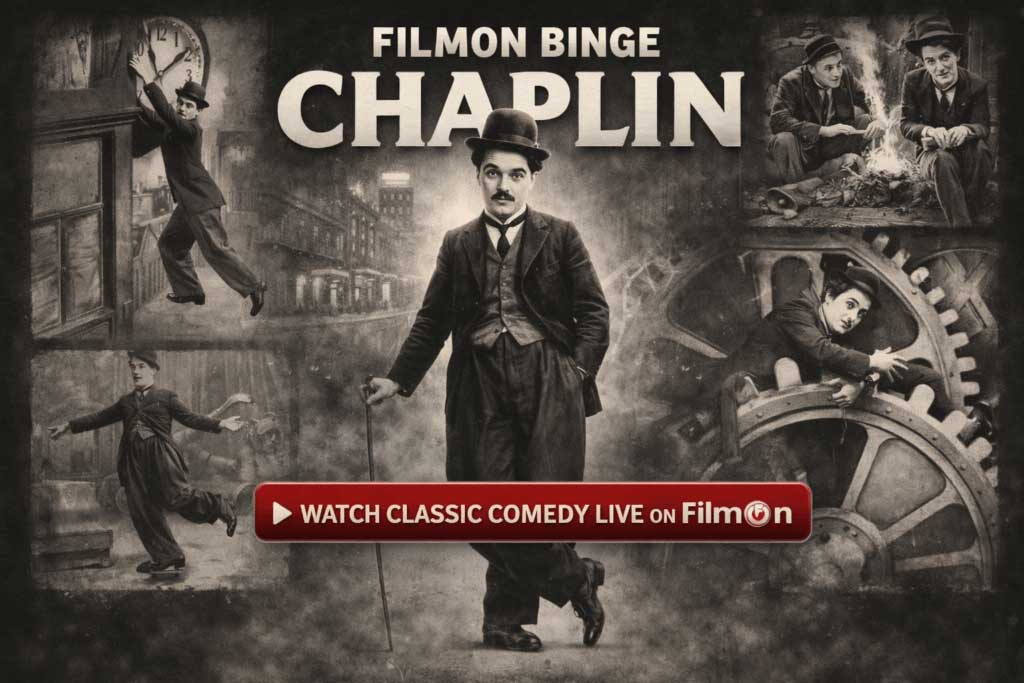F. Scott Fitzgerald's "The Great Gatsby," published a century ago, has transitioned from tepid reviews to a beloved literary classic, especially in the post-World War II era. Initially overlooked, it has since become a staple in English literature classes and a pervasive element of popular culture. The book remains engaging due to its brevity, romance, comedic elements, and Fitzgerald's exceptional writing style. It introduces an enigmatic protagonist, Jay Gatsby, whose noble motives contrast sharply with the materialism of the Jazz Age. The novel’s satirical wit and lyrical quality provide a balance that resonates with readers and ensures its place in literary history.
The Enduring Charm of "The Great Gatsby"

The Enduring Charm of "The Great Gatsby"
As the novel celebrates its centennial, its relevance and allure continue to captivate audiences.
F. Scott Fitzgerald's "The Great Gatsby," published a century ago, has transitioned from tepid reviews to a beloved literary classic, especially in the post-World War II era. Initially overlooked, it has since become a staple in English literature classes and a pervasive element of popular culture. The book remains engaging due to its brevity, romance, comedic elements, and Fitzgerald's exceptional writing style. It introduces an enigmatic protagonist, Jay Gatsby, whose noble motives contrast sharply with the materialism of the Jazz Age. The novel’s satirical wit and lyrical quality provide a balance that resonates with readers and ensures its place in literary history.





















